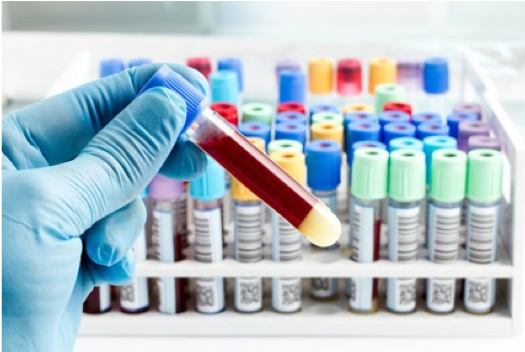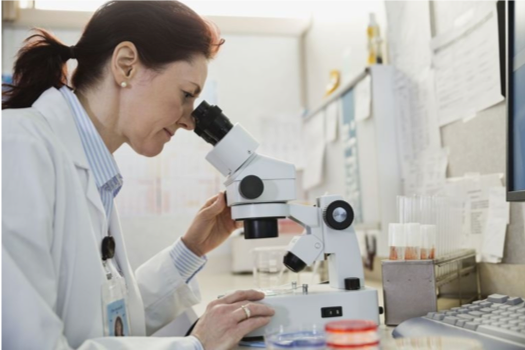The Department of Gynecology and Obstetrics at Emory University School of Medicine is committed to providing cutting edge care through women's health research. The EmPOWR Registry & Repository will support prospective research programs by providing access to clinical data and biological samples.
Our mission is to support research programs by providing a resource for investigators to look for novel biomarkers or clinical variables associated with gynecological health and obstetric outcomes. The EmPOWR Initiative is essential for the success of research in clinically important issues, including pre-eclampsia, preterm delivery, fertility and infertility, pelvic floor disorders, gynecologic cancers, and infectious diseases.





